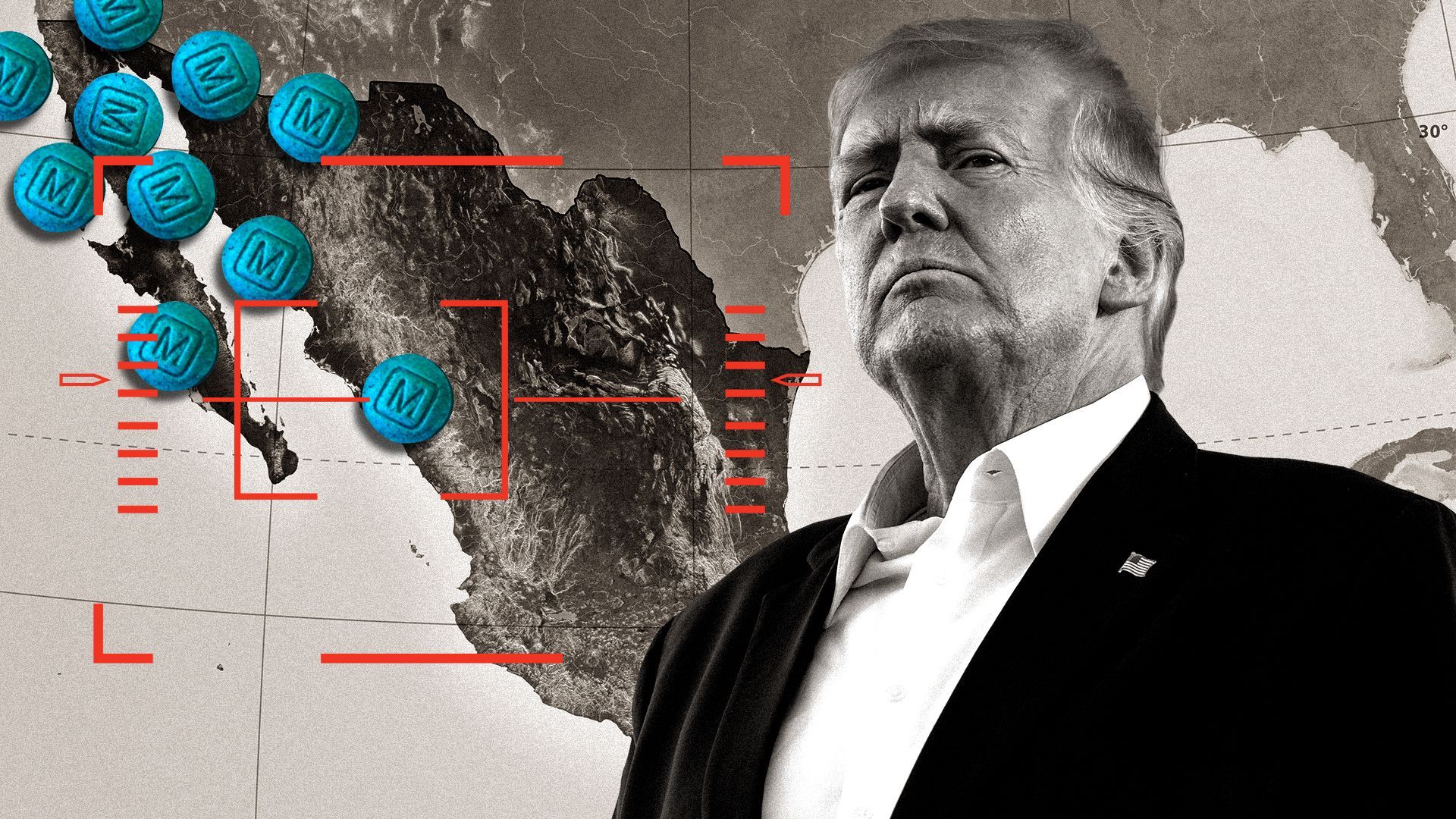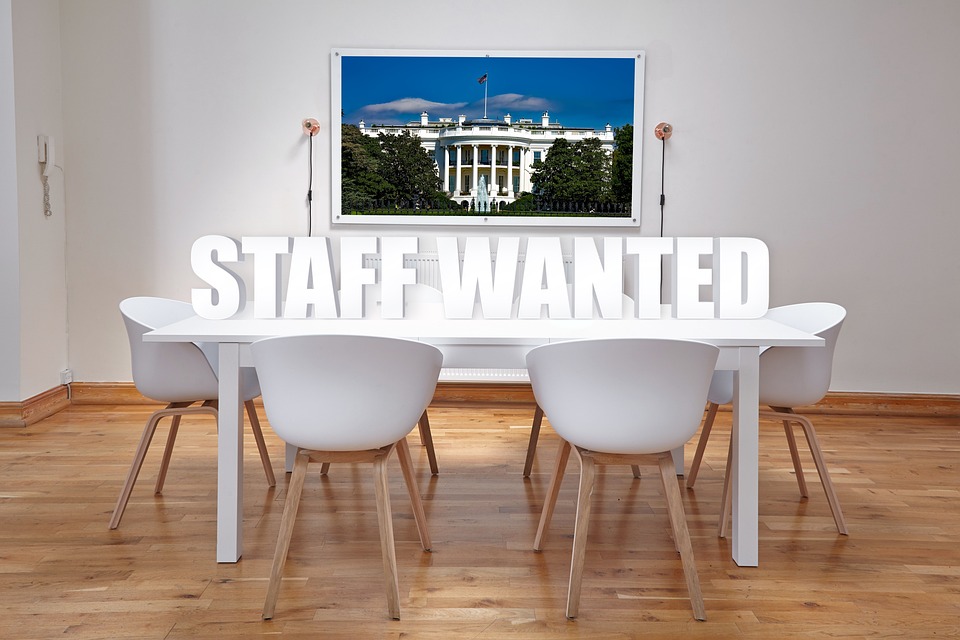
What is not entirely clear is what this implies. The problem affects both countries, in different ways of course, but it has a huge impact on the relationship.
For former President and Republican presidential candidate Donald Trump, “[fentanyl] comes from Mexico. Something’s got to be done” to address a problem that causes tens of thousands of deaths annually in the United States.
Speaking to NBC, Trump noted that more Americans have died from fentanyl than from any war the U.S. has been involved in. A little exaggerated, but not completely untrue.
The image of Mexico as the home of fentanyl and root of drug trafficking isn’t new for the United States. But the last few months mark a point in which, for the first time, a part of the U.S. political spectrum is openly talking about using military resources or intervening directly in Mexico against drug trafficking.
Trump recently said, “It’s a war on cartels. Mexico is petrified of the cartels. The cartels are running Mexico … I’m not too worried about that war.”
This policy contrasts in its relative sobriety with the loud cries of most of his rivals in the Republican presidential race, although for Trump, the “war” would not be against the Mexican government, but against the cartels.
But the truth is that these remarks contradict statements he made previously.
Certainly, fighting talk is a traditional part of the U.S. political-election vocabulary. Such talk makes it look as if the speaker is willing to do something and take tough action.
It’s also a form of hiding their ignorance, especially when it comes to international politics.
But this time, such demagogy may have a real impact on a population that can’t seem to find a way out of its problems except to define them as a contest, be it the “war on poverty,” “the war on illiteracy” or the “war on drugs.”
The insistent denunciation of Mexico as a source of problems has racist and xenophobic undertones, but to real effect.
The Mexican government’s constant denial of the origin of fentanyl has only led to a problem of credibility, at least in the U.S.
Indeed, recalled Paul Poast, a Political Science professor at the University of Chicago, many Americans believe that the Mexican government has been engaged in “a long-running, violent and ultimately losing battle with the Mexican drug cartels that produce and transport fentanyl into the United States.”
According to the views expressed by several of the Republican presidential hopefuls in their first debate a month ago, “given that the Mexican authorities have been unable to stop the cartels, decisive U.S. military action is required.”





















































